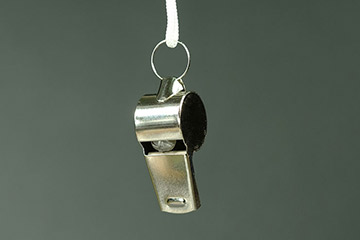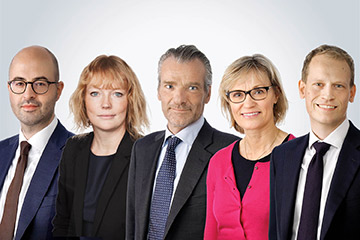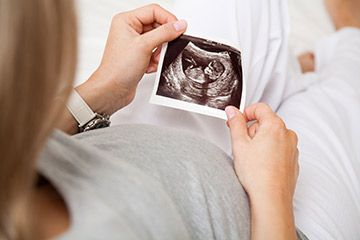Illegal to prefer a man to a woman
27 February 2015
"We are looking for a man... but Good Luck anyway". This
sentence on the answering machine cost an employer the
amount of DKK 25,000 in compensation to a female
applicant, according to a decision of the Danish Board of Equal
Treatment.
The case involved a female applicant who had a jobinterview for a position as childcare assistant. However, her application was rejected. The employer informed her of the rejection on her answering machine and in the telephonemessage the employer stated that a male person was preferred for the position due to the fact this gender was underrepresented at the place of work in question. Subsequently, the employer engaged a male applicant forthe vacant position.
The female applicant claimed that the rejection was incontravention of the prohibition against discrimination due to gender under the Danish Equal Treatment Act. The employer argued that the woman was not the right person for the vacant position.
Pursuant to the Danish Equal Treatment Act, an employer may not discriminate employees or applicants to vacancies in connection with recruitment. On the answering machine, the employer had directly informed that the recruitment of a man for the position in question was preferred. Thus the female applicant had provided evidence that gave rise to the assumption that she had been subject to discrimination due to gender.
It is for the employer to prove that the principle of equal treatment has not been violated. The Danish Board of Equal Treatment did not find that the employer had met the burden of proof that the gender of the female applicant had been of no importance to the rejection of her application.
Thus, the female applicant was awarded compensation in the amount of DKK 25,000.
The decision shows that in connection with recruitment, an employer may not prefer a particular gender, but only ask for special qualifications. It must be noted in this respect that an employer may legally invite the underrepresented gender to apply for a particular job, see statutory order no.340 of 10 April 2007 regarding initiatives to promote equality. However, at the same time, it must be stated in the advertisement that the underrepresented gender does not have a preferential status.
The female applicant claimed that the rejection was incontravention of the prohibition against discrimination due to gender under the Danish Equal Treatment Act. The employer argued that the woman was not the right person for the vacant position.
Pursuant to the Danish Equal Treatment Act, an employer may not discriminate employees or applicants to vacancies in connection with recruitment. On the answering machine, the employer had directly informed that the recruitment of a man for the position in question was preferred. Thus the female applicant had provided evidence that gave rise to the assumption that she had been subject to discrimination due to gender.
It is for the employer to prove that the principle of equal treatment has not been violated. The Danish Board of Equal Treatment did not find that the employer had met the burden of proof that the gender of the female applicant had been of no importance to the rejection of her application.
Thus, the female applicant was awarded compensation in the amount of DKK 25,000.
The decision shows that in connection with recruitment, an employer may not prefer a particular gender, but only ask for special qualifications. It must be noted in this respect that an employer may legally invite the underrepresented gender to apply for a particular job, see statutory order no.340 of 10 April 2007 regarding initiatives to promote equality. However, at the same time, it must be stated in the advertisement that the underrepresented gender does not have a preferential status.






